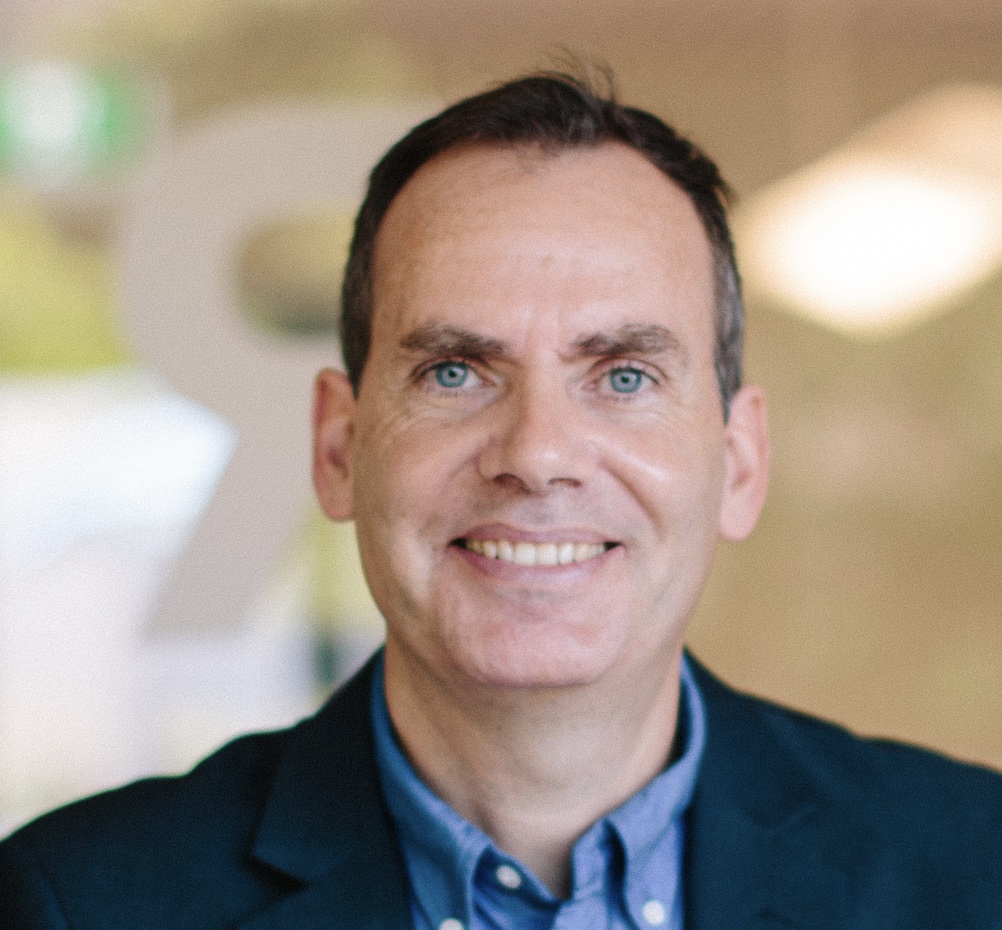Working in Agency land during COVID: A tale of polar opposite experiences?

Research by Bond University, Swinburne University of Technology and Suits & Sneakers reveals deep divide in terms of agencies’ COVID-response.
Towards a new normal?
Creative work in the advertising industry during and beyond the COVID-crisis.
Early this year we launched ‘Towards a new normal?’, a research project investigating how agencies have responded to the COVID-crisis. The first results are in, and what the responses from over 100 participants reveal is a surprising tale of diametrically opposed experiences. For example, 40 percent somewhat or strongly agreed with the statement “Overall, the COVID-crisis had had a positive impact on the way we as agency/team organise work and ideation processes”. At the same time, over 40 percent somewhat or strongly disagreed.
Similarly, 35 percent of participants somewhat or strongly agreed with the statement that “the COVID-crisis had a positive impact on our workplace culture and the way we relate to each other”, while over 40 percent somewhat or strongly disagreed with this notion. Answers to our open-ended survey question as well as experiences shared in interviews further support this tale of polar opposites.
Says Dr Sven Brodmerkel (pictured above), assistant professor for advertising at Bond University and lead investigator of the study: “We were surprised to see how strongly the experiences described by our participants differed. In the next stage of our project we would like to find out how some agencies managed to maintain a positive workplace culture while others failed. Which positive workflow innovations will have staying power now as we increasingly return to the office? What lessons can be learned from the pandemic disruption in terms of burnout prevention and effective mental health interventions? In short, how can we make agency workplaces fit for the future? For this we are looking for more participants, particularly women and young people, how are so far a bit underrepresented in our study.”
Overall, the answers provided in interviews and to the open-ended questions in the survey reveal a deep divide along three key dimension – processes and productivity, creativity, and ideation, and – most notably – culture and interaction. While a surprising number of participants reported a positive experience of increased empathy, understanding and inclusion, many others suffered from isolation, insensitivity, and a lack of initiative by agency leaders to maintain a healthy and inclusive workplace culture. Example quotes illustrate this polarisation:
• “COVID has brought us together more as an agency. […] If anything, we have thrived during COVID.”
• “Coming up with concepts from your own comfort zone has worked like a charm … remote work had a very positive impact on work culture, because we’re all in our comfort zone.”
• “The workplace is less kind to diversity and more abrupt and insensitive”.
• “The agency has lost its culture completely. Nothing was done to ensure we remained a team.”
Interestingly, many participants shared rather positive views on how the pandemic has forced their agencies to improve workflow processes and overall productivity. However, almost half of our respondents reported that working remotely increased their workload and made them work more hours than in the office.
• “COVID made everybody problem solvers to keep things working outside the office. Out of that experiment in the logistics of remote working, we figured out it’s more productive.”
• “COVID has been a catalyst. … Our work output has been tremendous both in insight, creativity, and effectiveness.”
• “I find that there is less BS and time-wasting working remotely. […] But the agency has changed dramatically as a result of COVID. Floor space shrunk, more people freelance. No care to mental health or stress given by management.”
• “COVID tripled workload and significantly hampered ‘occasional progress’. Even though it accelerated flexible work, overall, it was a devastating blow to our industry long term.” Not surprisingly, many respondents expressed concerns about the nature and quality of ideation whilst working remotely. However, we also heard the opposite view – that remote work made the creative process more focused and efficient.
• “We didn’t miss a beat by going to remote working – ideation still happened as well as face-to-face.”
• … “we adapted and found that we were able to ideate, pitch, present, and produce works perhaps more efficiently and successfully than we were before. Nobody wanted to linger for days at a time (as we would in an in-person ‘war room’) idly batting ideas around on a video call, so we worked harder, faster and more rigorously to get the best ideas quickly and then get on with making them.”
• “The overall work and ideation process are not as efficient/effective compared to pre-COVID. […] People tend to get distracted easily … They also don’t get involved in the discussions as much as they used to.”
• “Creativity is sorely compromised as there are no round table discussions with pen and paper anymore; we screengrab and circulate. A sad place indeed.”
It is important for the industry to identify best practice strategies for the post-pandemic agency workplace. That’s why the researchers are interested to learn more about COVID experiences and insights for stage two of the project.
To get in touch, please visit: https://www.towardsanewnormal.com/startseite

3 Comments
Useful people: Remote work is great, I can get so much more done. Plus I’ve kind of been doing it for years, really.
Less useful people: How can I be in the room and get my name on things now? It’s hard.
Useless people: Remote working sucks. There’s no culture and I have to pay for my own beer.
Useless people: those who think that wanting to work in the office with your colleagues because it works better for you, is simply because you’re trying to hide something.
I’m genuinely interested, but completely confused by your sentence. Please explain?